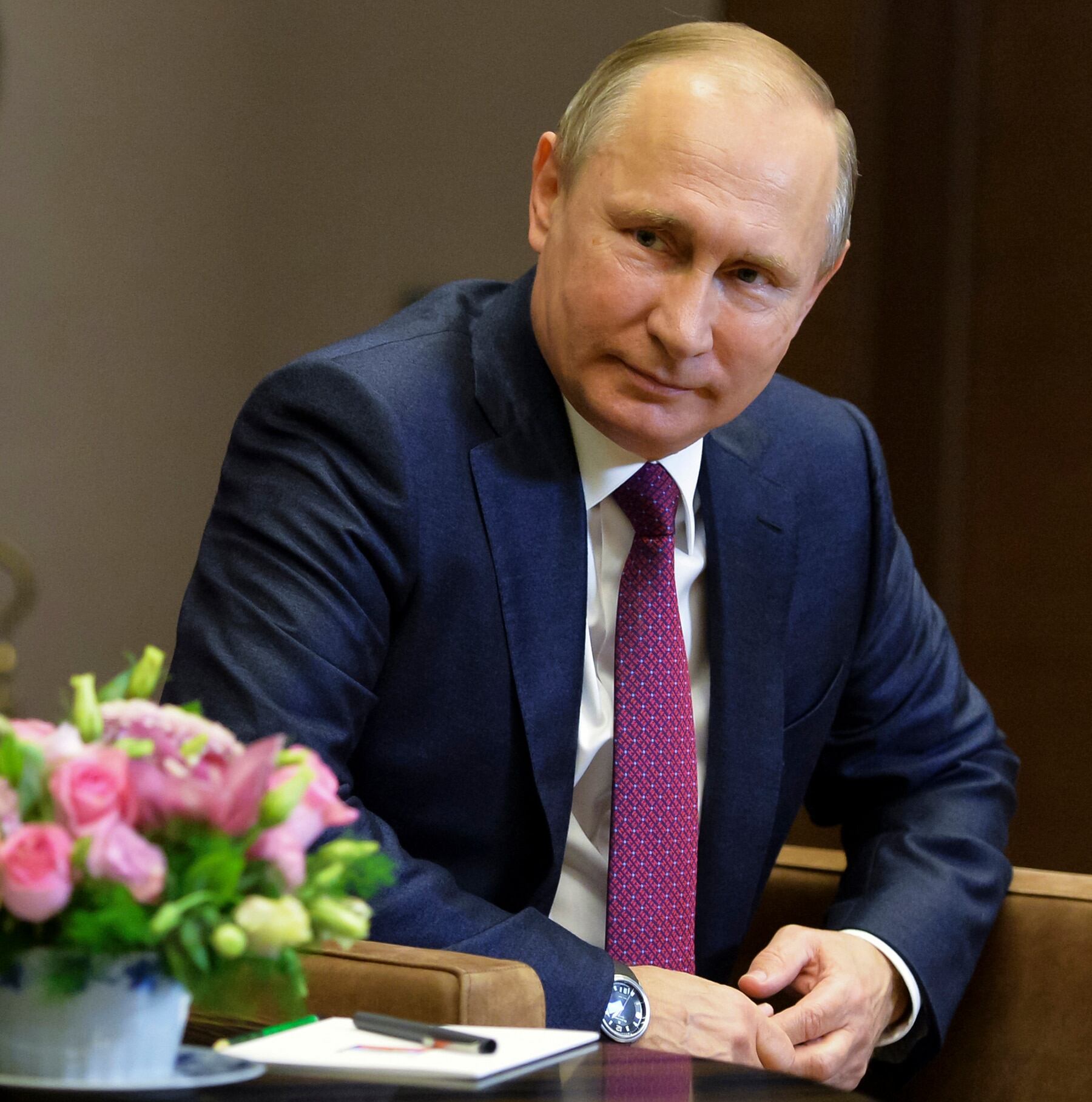Editor's note: The following is an opinion piece. The views expressed here do not necessarily represent those of Military Times or its editorial staff.
Amidst claims of Russian meddling in the presidential elections, the recent expulsion of 35 Russian diplomats from the U.S. offers a brief view into the ongoing, Cold War-esque spycraft between two superpowers.
In this game, the Russians send intelligence officers, known as handlers or case officers, to recruit and manage assets, or spies. Winning and not ending up with your name in the paper is the rule for both the Russian agents and American counterintelligence officers. So when a Russian diplomat is publicly declared persona non grata (PNG in spy parlance) by the U.S., it can have wide-ranging impact on Russian intelligence collection efforts and operations.
However, pushing out Russian intelligence officers is only part of the spy equation – it doesn't account for their cultivated assets. Did these diplomats have assets who were engaged in espionage on behalf of Russia?
As a former double-agent who spent three years working undercover for FBI counterintelligence as a Russian spy, it is a question that concerns me.
Unlike in the movies, the job of a Russian intelligence officer is not to actually spy; it is to recruit and manipulate assets to do the spying for them. Furthermore, successfully recruiting an asset to spy is more akin to running a sales campaign then it is to spying. It becomes a numbers game, with intelligence officers speaking to many potential assets to find the few that have both the ability and willingness to spy.
As my years working with the Russians showed me, their process to validate a potential asset is both careful and painstakingly slow. It required dozens of meetings before the Russians began to trust me enough to discuss how I could spy for them.
Additionally, my meetings with them were never spur of the moment. They were carefully orchestrated operations requiring planning and additional resources. In sum, the meetings were a manpower-heavy exercise.
With a limited number of Russian diplomats, if only a handful of the 35 who were expelled were involved in espionage activities, their departure creates a temporary but significant downgrade in Russia's ability to carry out its espionage mission in the U.S. Of course, this impact can be reversed as soon as the officers' replacements land on American soil.
One of the last things that Oleg Kulikov, my Russian handler and GRU (Russian intelligence) officer, said to me was how excited he was to be able to throw a party in my honor. It was the last of many statements designed to stroke my ego, and was what Oleg spent most of his time doing.

Naveed Jamali
Photo Credit: Courtesy of Sunshine Sachs
The Russians did not get me to spy for them by coercion, blackmail or threats; they focused on appealing to my ego using both praise and money. Oleg had a clear idea of why Americans would spy for Russia, and my job was very much to convince him that I was, in fact, a real spy. I did that by playing the role that both Oleg and his Russian intelligence service were looking for, becoming a narcissist who believed he was smarter than the FBI and who liked money.
The persona of a young American excited by money and who could be manipulated by careful appeal to his ego was exactly what the Russians were looking for in a spy. What Oleg didn't know as he delivered his news of the upcoming party in that parking lot in Wayne, New Jersey, was that after spending years on preparing me to be a long-term Russian spy, I was about to revealed as a long-term counterintelligence asset who had been working against Russia for the FBI.
Oleg's excitement at my recruitment made clear to me that without assets, he simply would not have been able to collect intelligence for Russia. If the U.S. wishes to truly cripple Russian espionage efforts, it must unmask intelligence officers and identify their assets.
While Russian intelligence officers like Oleg and those recently sent home can be quickly replaced, it takes years to identify and cultivate an asset. The failure to publicly identify and take actions against these individuals (who do not have diplomatic immunity) and their role in Russia's espionage efforts leaves them in place for future use and sends a message that spying for Russia goes unpunished.
Naveed Jamali is a regular contributor to Military Times and an intelligence officer in the Navy Reserve who worked previously as a FBI double agent against Russian military intelligence. His book about his time in the agency is available on Amazon.com; he's online at NaveedJamali.com and on Twitter (@CatchaRUSSpy ).





